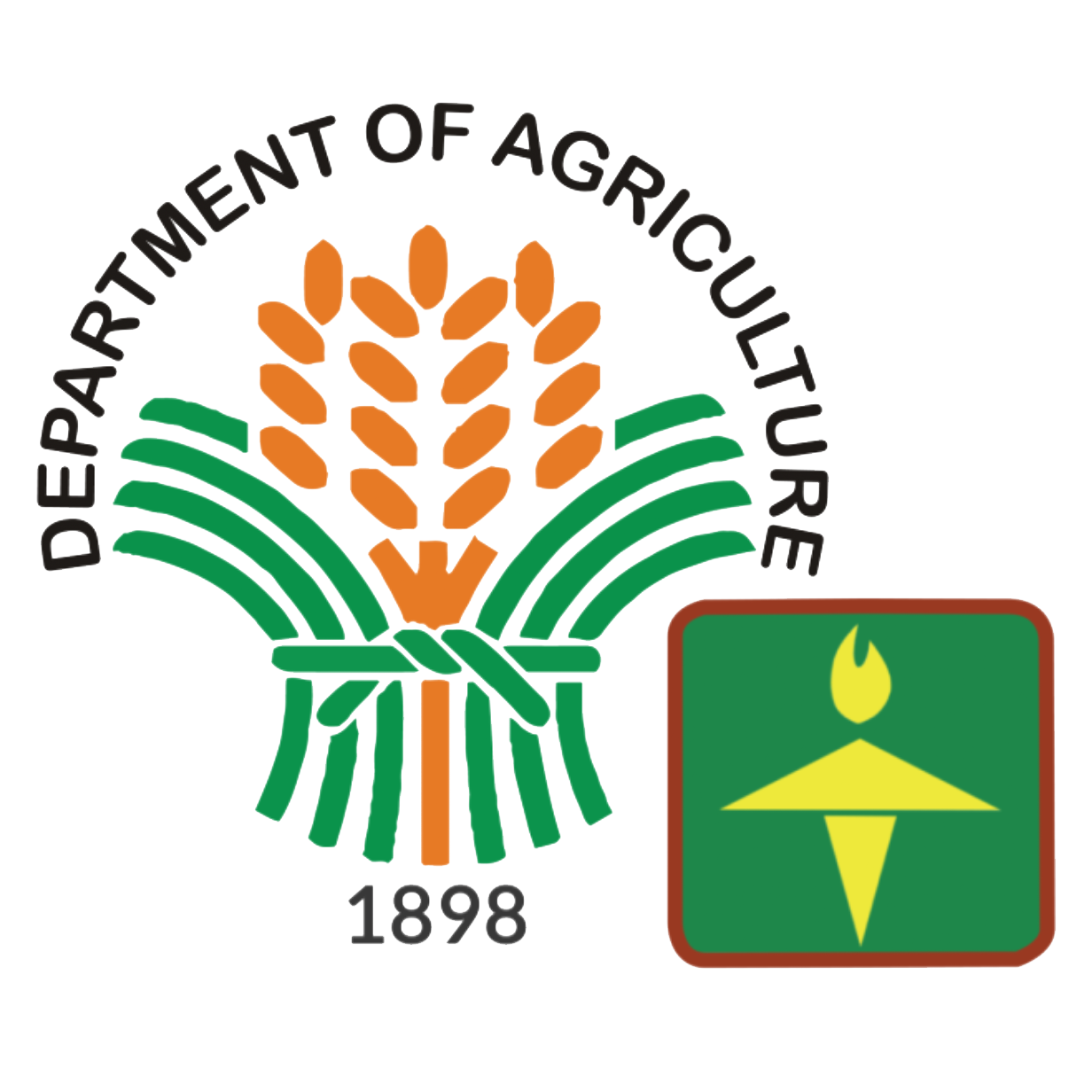Source : The Philippine Star (https://www.philstar.com/)
Article by : Catherine Talavera
Article Date : March 13, 2021
MANILA, Philippines — At least two million farmers have received various forms of support within the first two years of implementation of the Rice Competitiveness Enhancement Fund (RCEF), according to the Department of Agriculture (DA).
“We are pleased to report for the first two years of implementation of the Rice Tariffication Law that created the RCEF, farmers are producing additional harvests, averaging 400 kilograms per hectare (kg/ha) or roughly eight cavans (at 50 kilos each), which is equivalent to an additional income of P7,000 per hectare,” Agriculture Secretary William Dar said.
“This shows that with the use of certified seeds, adoption of modern technologies, and mechanizing land preparation, crop establishment and harvesting, farmers could attain incremental yields,” he said.
DA National Integrated Rice Program director Dionisio Alvindia said rice farmers using traditional home-saved seeds can harvest an average of only 3.6 metric tons per hectare (MT/ha), while those planting certified inbred seeds under RCEF are now producing at least four MT/ha.
Under the RCEF, P3 billion is set aside yearly for certified inbred seeds, at 40 kg/ha, distributed free by the DA through the Philippine Rice Research Institute (PhilRice).
In addition, the DA through the Philippine Center for Postharvest Development and Mechanization (PhilMech) distributes P5 billion worth of farm machinery and equipment to qualified farmers’ cooperatives and associations.
DA-PhilMech director Baldwin Jallorina said 15,046 units of various FME were already procured out of the targeted 23,378 units to date.
The DA said that tens of thousands of individual rice farmers and FCAs have also benefited through workshops, technical briefings, and training of specialists, trainors, farmers, seed growers and inspectors, and other extension intermediaries through the extension and training component of the RCEF.
It said that the Agricultural Training institute (ATI) and DTI-Technical Education and Skills Development Authority (TESDA) have also established 90 and enhanced 43 other farm schools nationwide.
“The two agencies receive a yearly allocation of P500 million each from RCEF for training and extension of farmers, technicians and other rice industry stakeholders,” ment of Agriculture (DA).
“We are pleased to report for the first two years of implementation of the Rice Tariffication Law that created the RCEF, farmers are producing additional harvests, averaging 400 kilograms per hectare (kg/ha) or roughly eight cavans (at 50 kilos each), which is equivalent to an additional income of P7,000 per hectare,” Agriculture Secretary William Dar said.
“This shows that with the use of certified seeds, adoption of modern technologies, and mechanizing land preparation, crop establishment and harvesting, farmers could attain incremental yields,” he said.
DA National Integrated Rice Program director Dionisio Alvindia said rice farmers using traditional home-saved seeds can harvest an average of only 3.6 metric tons per hectare (MT/ha), while those planting certified inbred seeds under RCEF are now producing at least four MT/ha.
Under the RCEF, P3 billion is set aside yearly for certified inbred seeds, at 40 kg/ha, distributed free by the DA through the Philippine Rice Research Institute (PhilRice).
In addition, the DA through the Philippine Center for Postharvest Development and Mechanization (PhilMech) distributes P5 billion worth of farm machinery and equipment to qualified farmers’ cooperatives and associations.
DA-PhilMech director Baldwin Jallorina said 15,046 units of various FME were already procured out of the targeted 23,378 units to date.
The DA said that tens of thousands of individual rice farmers and FCAs have also benefited through workshops, technical briefings, and training of specialists, trainors, farmers, seed growers and inspectors, and other extension intermediaries through the extension and training component of the RCEF.
It said that the Agricultural Training institute (ATI) and DTI-Technical Education and Skills Development Authority (TESDA) have also established 90 and enhanced 43 other farm schools nationwide.
“The two agencies receive a yearly allocation of P500 million each from RCEF for training and extension of farmers, technicians and other rice industry stakeholders,” the DA said.











